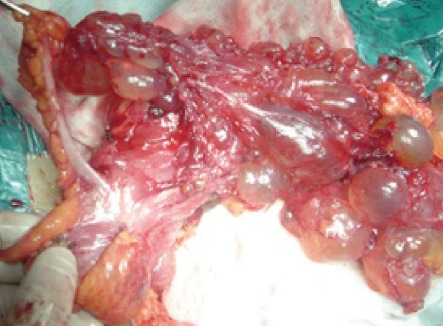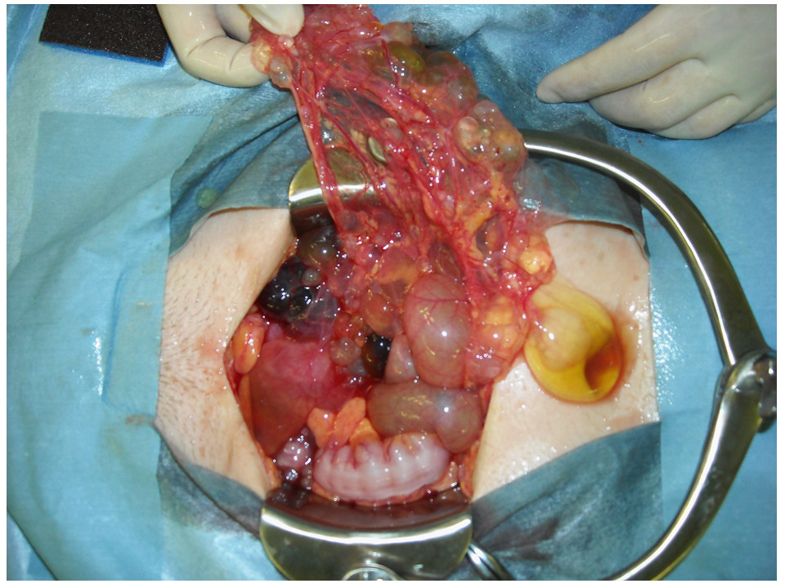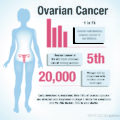What is a Multicystic Peritoneal Mesothelioma
A Benign Multicystic Peritoneal Mesothelioma (BMPM) is a very rare condition that emanates from the abdominal peritoneum. The condition is prevalent among premenopausal women. Because of its rarity, preoperative diagnosis is difficult and its origin and pathogenesis are uncertain. BMPM is more common in women of reproductive age, with mean age of 36 years.
What Causes Multicystic Peritoneal Mesothelioma
Many factors are thought to be responsible for the development Benign Multicystic Peritoneal Mesothelioma these factors include previous surgery, endometriosis, and familial Mediterranean fever. The pathogenesis of BMPM is still unclear; however, as the majority of cases occur reproductive aged females, it is believed that female sex hormones play a role in its pathogenesis
What are The Symptoms of Multicystic Peritoneal Mesothelioma
The most common symptoms of Benign Multicystic Peritoneal Mesothelioma presenting are
-Chronic or intermittent abdominal or pelvic pain
-Tenderness, or distension with an abdominal or pelvic mass.
How is Multicystic Peritoneal Mesothelioma Treated
Benign Multicystic Peritoneal Mesothelioma is principally managed by surgical resection; however, it is estimated that the recurrence rate is up to 50%. Malignant transformation is not common . Complete cytoreduction followed by instillation of hyperthermic intraperitoneal chemotherapy (HIPEC) remains the treatment of choice in the management of BMPM. This approach is thought to reduce the rate of recurrence and allow the removal of microscopic residual tumor.
Pictures of Multicystic Peritoneal Mesothelioma







